Proscaline Microdosing: Mescaline Analogue Research Overview
Proscaline Microdose (full chemical name: 4-propoxy-3,5-dimethoxyphenethylamine) is a synthetic psychoactive compound belonging to the phenethylamine class. Structurally related to mescaline, it has been studied in limited research contexts for its psychoactive and hallucinogenic effects.
⚠ Disclaimer: This article is for educational and research purposes only. Proscaline is a controlled substance in many jurisdictions. It is not legal for human consumption in the United States and other countries. Always check local laws before handling or researching any chemical.
Chemical Profile of Proscaline Microdose
| Property | Details |
|---|---|
| Chemical Name | 4-propoxy-3,5-dimethoxyphenethylamine |
| Class | Phenethylamine |
| Synonyms | 3,5-methoxy-4-propyloxyphenethylamine, 2-(4-Propyloxy-3,5-dimethoxy-phenyl)-ethylamine |
| Molecular Formula | C₁₃H₂₁NO₃ |
| Molecular Weight | 239.315 g/mol |
| CAS Number | 38201-78-0 |
| Known Analogues | Mescaline, Escaline |
| Legal Status | Schedule I in the U.S. (illegal in most jurisdictions) |
| Intended Use | Scientific research only |
Proscaline and Mescaline: Similarities and Differences
Proscaline is structurally similar to mescaline, a naturally occurring psychedelic found in peyote, San Pedro cactus, and other mescaline-containing cacti. Like mescaline, Proscaline interacts with serotonin receptors in the brain, leading to altered perception, mood, and cognition.
Reported Research Effects
In academic and anecdotal reports, Proscaline may produce effects such as:
-
Visual hallucinations and altered sensory perception
-
Enhanced creativity and changes in thought patterns
-
Euphoria or anxiety, depending on set and setting
-
Time distortion and dream-like states
For a deeper dive into subjective reports, see (Erowid’s Proscaline Vault).
Risks and Side Effects of Proscaline Microdose
According to limited literature and comparisons to mescaline, potential adverse effects may include:
-
Nausea, vomiting, dizziness
-
Increased heart rate and blood pressure
-
Anxiety, panic, or paranoia
-
Rarely, persistent perceptual changes (“flashbacks”)
For more information on hallucinogen risks, visit the National Institute on Drug Abuse (NIDA).
Legal and Ethical Considerations
In the U.S., Proscaline is considered a Schedule I substance under the Controlled Substances Act, making it illegal to possess, distribute, or use outside of registered religious or research contexts. International laws vary, and penalties can be severe.
If you are conducting authorized research, follow proper storage protocols:
-
Keep in a secure, lockable container
-
Store in a cool, dark environment away from children and pets
-
Use calibrated equipment for measuring microgram or milligram quantities
view other related DMT products

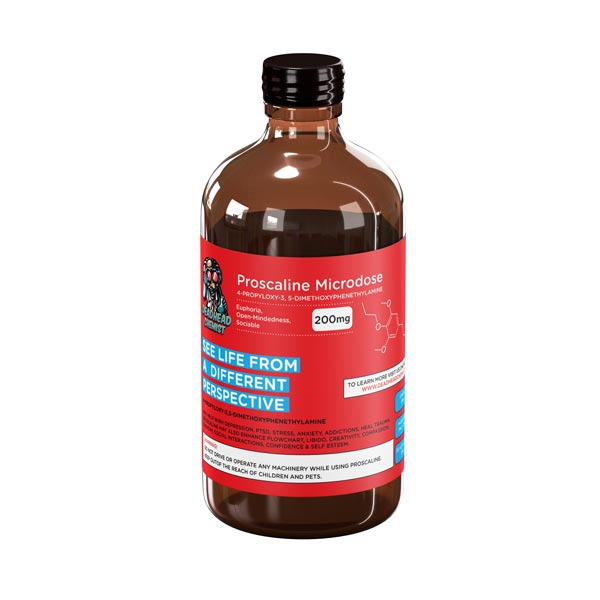
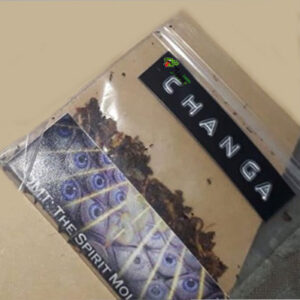
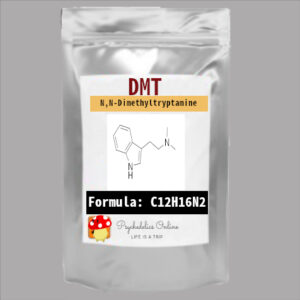
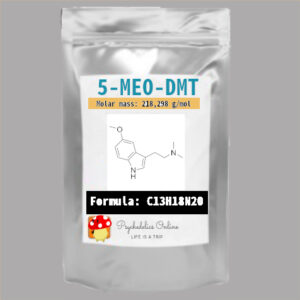

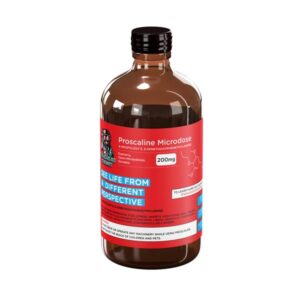
Reviews
There are no reviews yet.